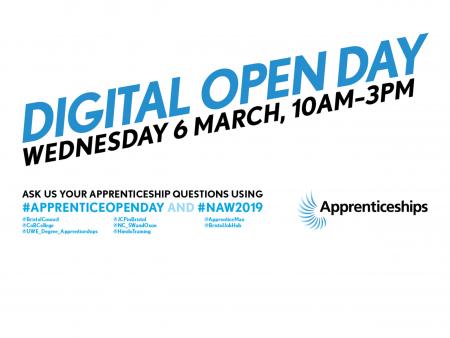
Apprenticeships and earning potential
A recent study conducted by the Social Mobility Commission found that an academic qualification (such as a typical University degree) isn’t the most important factor when it comes to your earning potential.
Choosing a vocational or academic course that is closely related to your current or future field is the best way to ensure higher earnings across the course of your career, says the study. For men in particular, vocational studies such as apprenticeships often reap greater benefits than academic, theory-based courses as they enter the higher levels of the workforce. This was especially important in careers such as construction and manufacturing.
Other factors for a successful career with greater earning potential included working for a large company, getting promoted internally and taking full advantage of employer-funded training where possible.
For women, the most promising non-academic route according to their findings was to obtain a Level 3 qualification and participate in employer-funded training within a large company. This was especially important in careers such as local government roles.
The findings showed that of the current workforce, 42% of those working in the top half of companies are non-graduates, i.e. those who did not go to university. Of this group, men make up the larger proportion of this and tend to work in skilled trade. For this group, the hourly wage was above the UK median, earning £12.60 per hour on average.
The key, the study suggests, is finding a vocational course that offers not only the right set of skills for your chosen career, but also clear progression opportunity as well as the chance to increase and build on your knowledge once in-role. The study pointed to the National Careers Service as one of the ways that the government can help lower earners and non-graduates discover pathways and funding opportunities available to them, so that they have access to higher paying roles. According to the study, the government also has a responsibility to protect and progress the apprenticeships brand as a high-quality alternative to University studies for non-graduates.
Apprentices are evenly split by gender, with roughly 50% of all apprentices being women, but some sectors claim significantly more new starts than others. According to the survey, 73% of all new starts were in the following three sectors:
- Business, Administration & Law
- Public Services & Care
- Retail & Commercial Enterprise
The most popular of these was Business, Administration and Law, claiming 29% of all apprenticeship starts.
Some sectors were also shown to provide more opportunity to reach higher-paying levels of the company for non-graduates. For example, in the hotel and restaurant business, non-graduates with Level 3 vocational training earned more on average than those with Level 3 academic training. These findings were mirrored for other industries, including manufacturing, construction and energy and water. The study also showed that in some graduate-dominated industries like banking, a Level 3 qualification can provide a route to a higher wage, especially when there is a higher overall median wage being driven by the graduate proportion of the business.
---------------------------------------------------------------------------------------
ACH currently provides apprenticeships in Property Maintenance in Bristol and the West Midlands. For other courses, search apprenticeship training and RoATP standard providers on www.findcourses.co.uk



